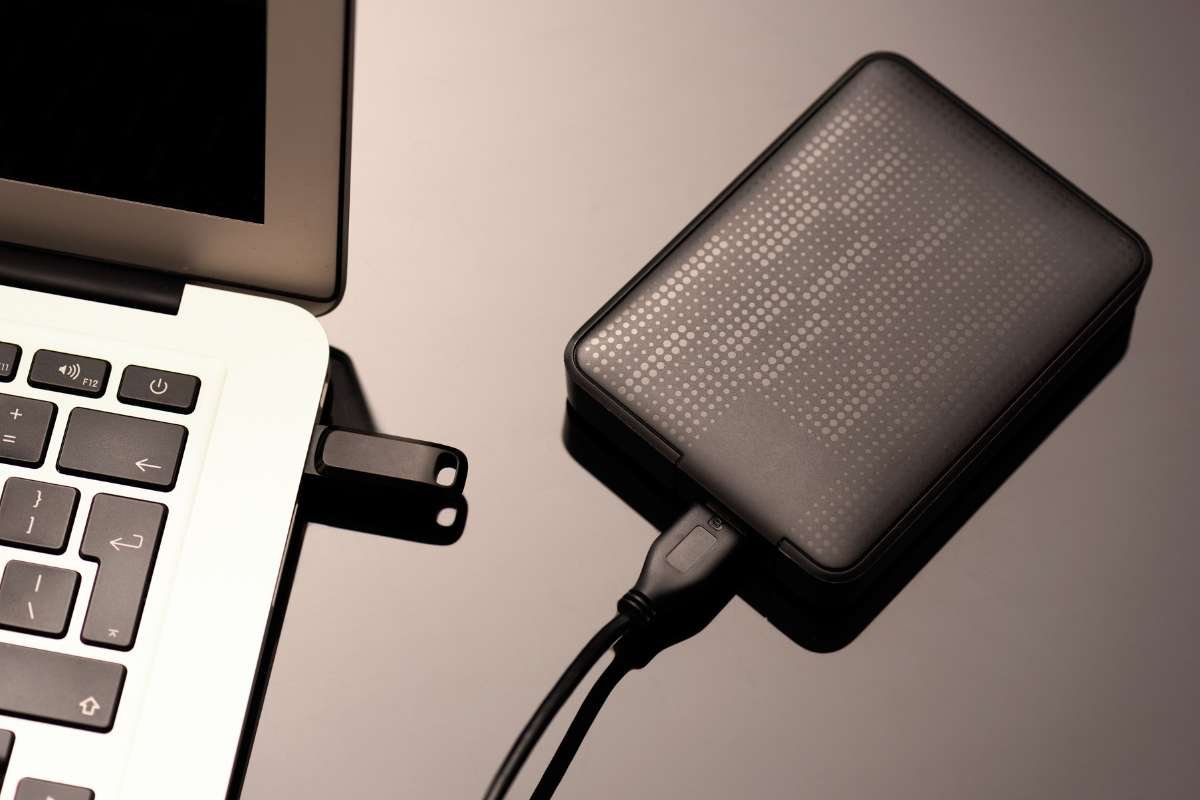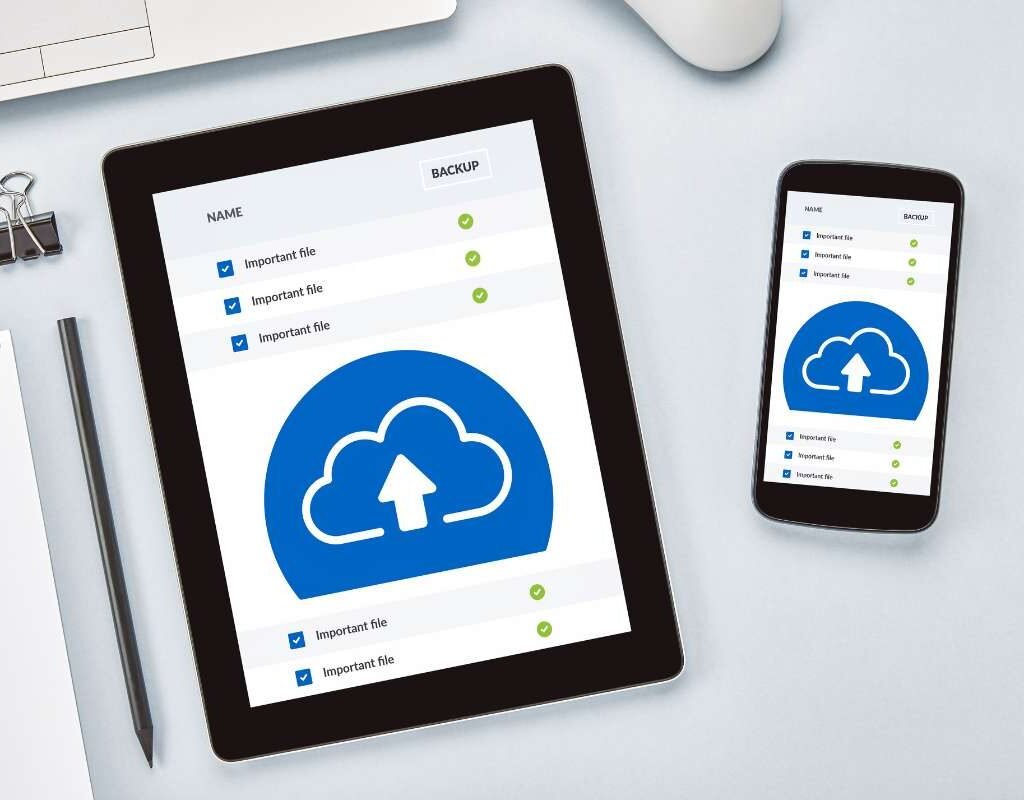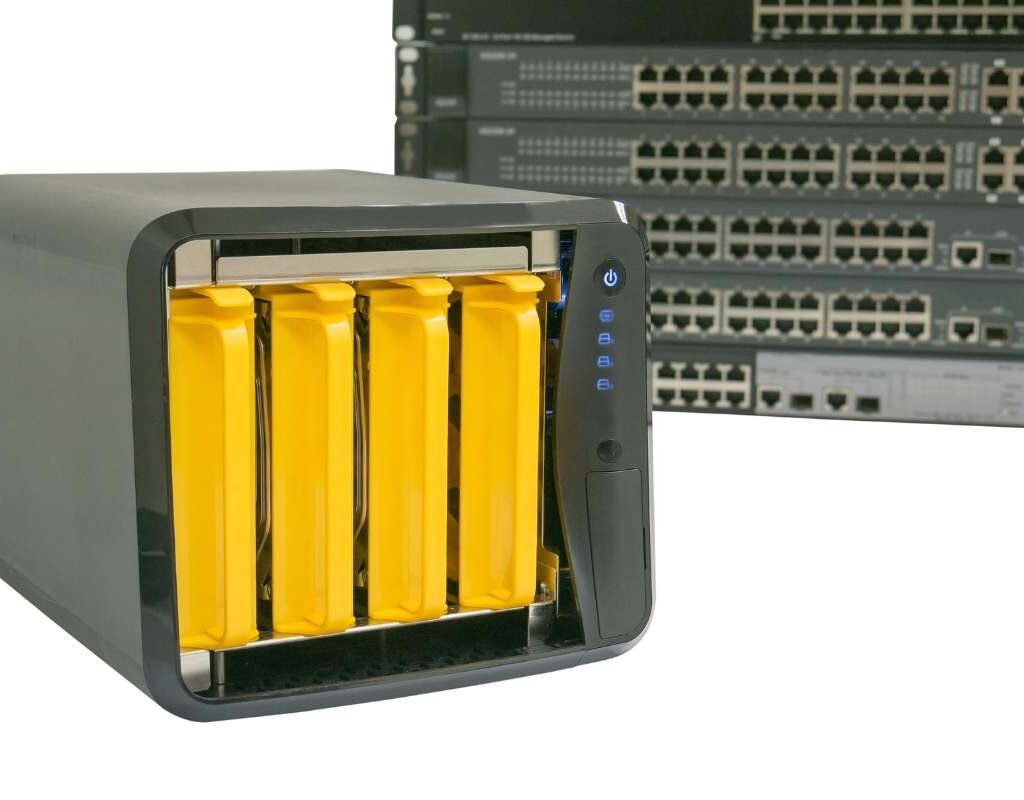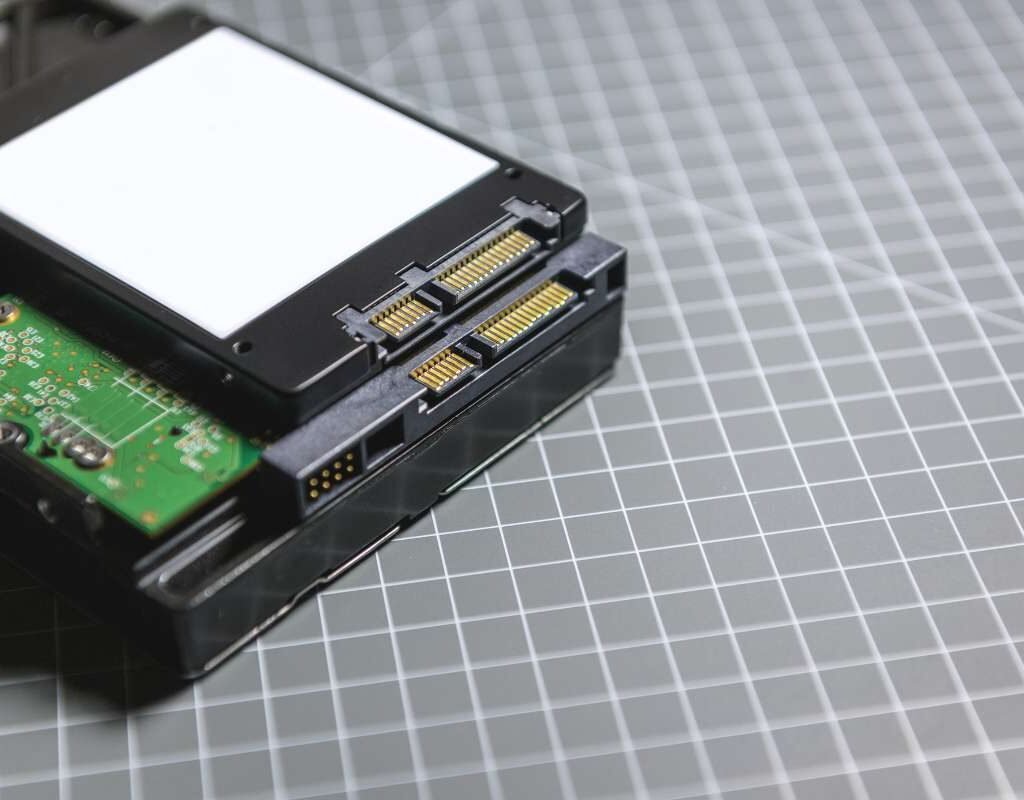Data management has become very vital in this digital age, so the need for portable storage options has grown and become a valuable tool, providing various personal and professional storage needs. There are various safe options available nowadays for transferring files to different devices and storing them in one; there are many convenient and versatile options available. With countless devices and options available in the market, it gets difficult to understand which portable storage options are best for you.
In this article, we will explore different portal storage options from USB flash drives to hard drives, solid-state drives (SSDs), and cloud-based solutions. Each of them is distinct and has its unique features. So let’s get into choosing your portal storage options which will help you streamline your digital life.
Here are the Top 6 Portable Storage Options:
1. USB Flash Drives

Overview: USB flash drives, often referred to as pen drives or thumb drives, are among the most popular portable storage options. They are small, lightweight, and easy to carry, making them ideal for quick file transfers and basic storage needs.
Africa images
Advantages:
- Portability: USB drives are compact enough to fit in your pocket, making them extremely portable.
- Ease of Use: USB flash drives are plug-and-play devices, compatible with most computers and devices.
- Affordable: They are generally inexpensive, especially for basic storage capacities like 16GB, 32GB, and 64GB.
Limitations:
- Storage Limit: While they come in large capacities, high-capacity USB drives can be expensive, and they are not as scalable as other storage types.
- Durability: USB flash drives are prone to physical damage if not handled carefully. Additionally, they are easily lost due to their small size.
Best For: Quick file transfers, document storage, and carrying small amounts of data on the go.
2. External Hard Drives (HDDs)

Overview: External hard drives are a robust choice among portable storage options, providing ample storage capacity and reliable performance. They have been a staple in portable storage for years, commonly used for backups, media storage, and large-scale data transfers.
Proxima Studio
Advantages:
- High Capacity: External HDDs offer much larger storage capacities, often ranging from 500GB to 5TB or more, at a relatively low cost per gigabyte.
- Cost-Effective: Compared to SSDs, hard drives are cheaper for larger capacities, making them suitable for users who need ample storage without a high price tag.
Limitations:
- Speed: Hard drives are slower than solid-state drives, as they rely on mechanical parts for data retrieval.
- Fragility: Since they have moving parts, external HDDs are sensitive to shocks and drops, which can result in data loss or drive failure.
- Size and Weight: External HDDs tend to be bulkier and heavier than flash drives and SSDs, making them slightly less portable.
Best For: High-capacity data storage, media libraries, and backups.
3. Solid-State Drives (SSDs)

Overview: Solid-state drives (SSDs) are among the fastest and most reliable portable storage options available today. Unlike traditional HDDs, SSDs have no moving parts, allowing them to deliver rapid data access speeds and enhanced durability.
kittichai boonpong’s Images
Advantages:
- Speed: SSDs are significantly faster than HDDs, making them suitable for tasks that require quick data access.
- Durability: The lack of moving parts makes SSDs more resistant to physical shock, enhancing their durability and lifespan.
- Portability: Many SSDs are sleek, compact, and lightweight, making them easy to carry around.
Limitations:
- Cost: SSDs are generally more expensive per gigabyte than HDDs, especially for higher storage capacities.
- Limited Write Cycles: SSDs have a finite number of write cycles, though modern drives have been optimized to handle a considerable amount of data writing.
Best For: High-speed data access, large file transfers, and users seeking a balance of speed and portability.
4. Cloud Storage Solutions

Overview: Cloud storage is a different take on portable storage options, enabling users to access their files from virtually anywhere, as long as they have an internet connection. While not a physical device, cloud storage has gained traction for its convenience and ability to store large amounts of data without taking up physical space.
CarmenMurillo from Getty Images
Advantages:
- Remote Access: Files stored in the cloud are accessible from any device with internet connectivity, allowing easy data sharing and collaboration.
- Scalability: Cloud storage plans are easily upgradeable, allowing users to increase storage space as needed.
- Backup and Syncing: Cloud storage often includes automatic backup and syncing features, reducing the risk of data loss.
Limitations:
- Internet Dependence: Accessing data relies on internet connectivity, which can be a drawback in areas with poor or limited connectivity.
- Subscription Costs: Cloud storage generally requires a recurring subscription fee, which can add up over time.
- Data Security: Sensitive data stored online is at risk of cyber threats, making security protocols essential.
Best For: Remote access, data sharing, and users who need flexible, expandable storage without physical constraints.
5. Portable NAS (Network-Attached Storage)

Overview: Portable NAS devices are advanced portable storage options that combine elements of external drives with the accessibility of cloud storage. NAS devices provide localized, network-based storage that can be accessed by multiple users over Wi-Fi or Ethernet.
thexfilephoto from Getty Images
Advantages:
- Shared Access: NAS devices allow multiple users to access files over a shared network, ideal for collaborative environments.
- Backup Capabilities: NAS systems often come with RAID (Redundant Array of Independent Disks) configurations for data redundancy, protecting against data loss.
- Customizable Storage: NAS devices can be customized with additional drives or higher capacities to suit specific needs.
Limitations:
- Complexity: Setting up and managing NAS devices may require technical know-how, making them less user-friendly than other portable storage options.
- Cost: NAS devices can be relatively expensive, particularly when factoring in additional hard drives and maintenance needs.
- Size: Portable NAS devices are larger and heavier, making them less convenient for users who prioritize mobility.
Best For: Small business users, home networks, and users with complex data storage needs.
6. Portable SSD-HDD Hybrids

Overview: Portable hybrid drives, also known as SSHDs (Solid State Hybrid Drives), combine elements of both SSDs and HDDs. These devices offer HDD-like storage capacity with a performance boost from SSD technology.
AdrianHancu from Getty Images
Advantages:
- Cost-Efficiency: Hybrids provide a good balance between speed and storage capacity, often at a lower cost than full SSDs.
- Improved Performance: SSHDs use flash memory to cache frequently accessed files, leading to faster performance than standard HDDs.
Limitations:
- Mixed Speed: SSHDs aren’t as fast as pure SSDs, so they may not meet the demands of users looking for high-speed data access.
- Wear and Tear: With both HDD and SSD components, hybrids face limitations similar to both drive types, particularly regarding durability and write cycles.
Best For Users needing a balance of speed and storage without breaking the bank.
Choosing the Right Portable Storage Option
When evaluating portable storage options, the choice depends largely on your needs, budget, and intended use. Here’s a quick guide to help you decide:
- For Budget-Friendly Storage: USB flash drives and external HDDs offer affordable solutions for basic storage needs.
- For Speed and Performance: SSDs are the best choice for users needing fast, reliable data access.
- For Flexibility and Remote Access: Cloud storage and portable NAS devices cater to users requiring remote accessibility and team collaboration.
- For Balance Between Speed and Storage: Hybrid drives provide a middle ground with adequate speed and capacity.
Conclusion
If you understand your needs, it becomes easy to choose your portable storage options from all the available choices. It can be a simple USB drive, the speed of an SSD, or the flexibility of cloud storage; there are various options available as per your needs and preferences. You can simplify your data accessibility and keep it secure by choosing the right portable storage option that suits you.









